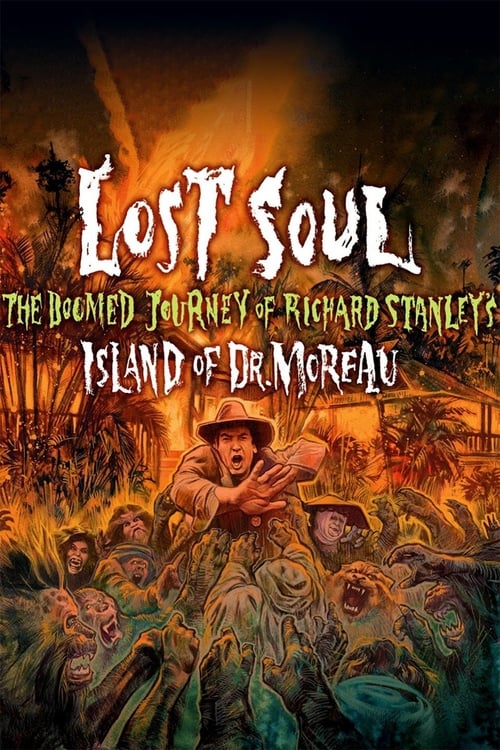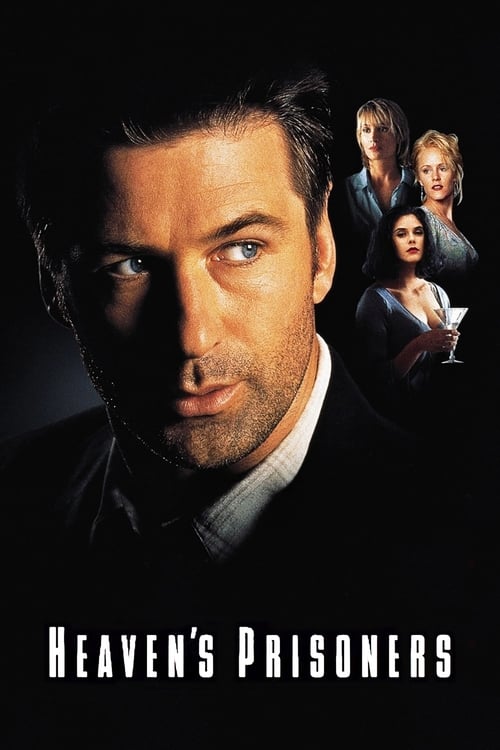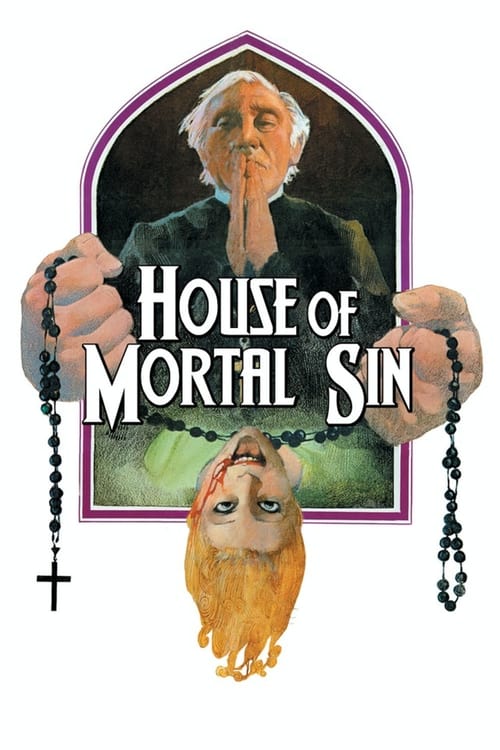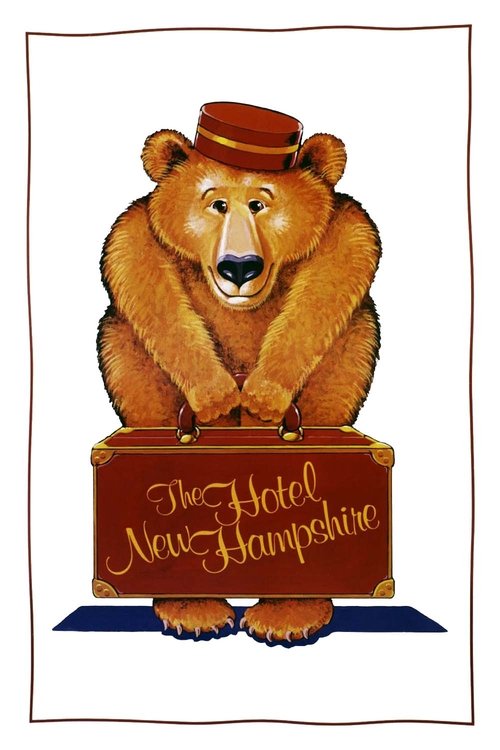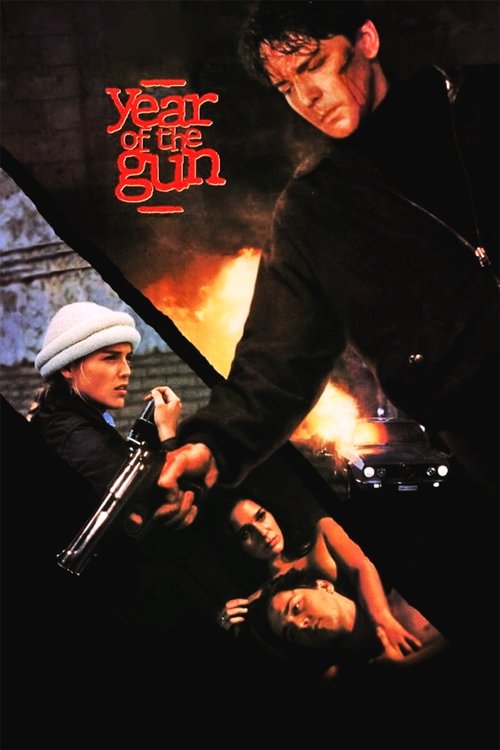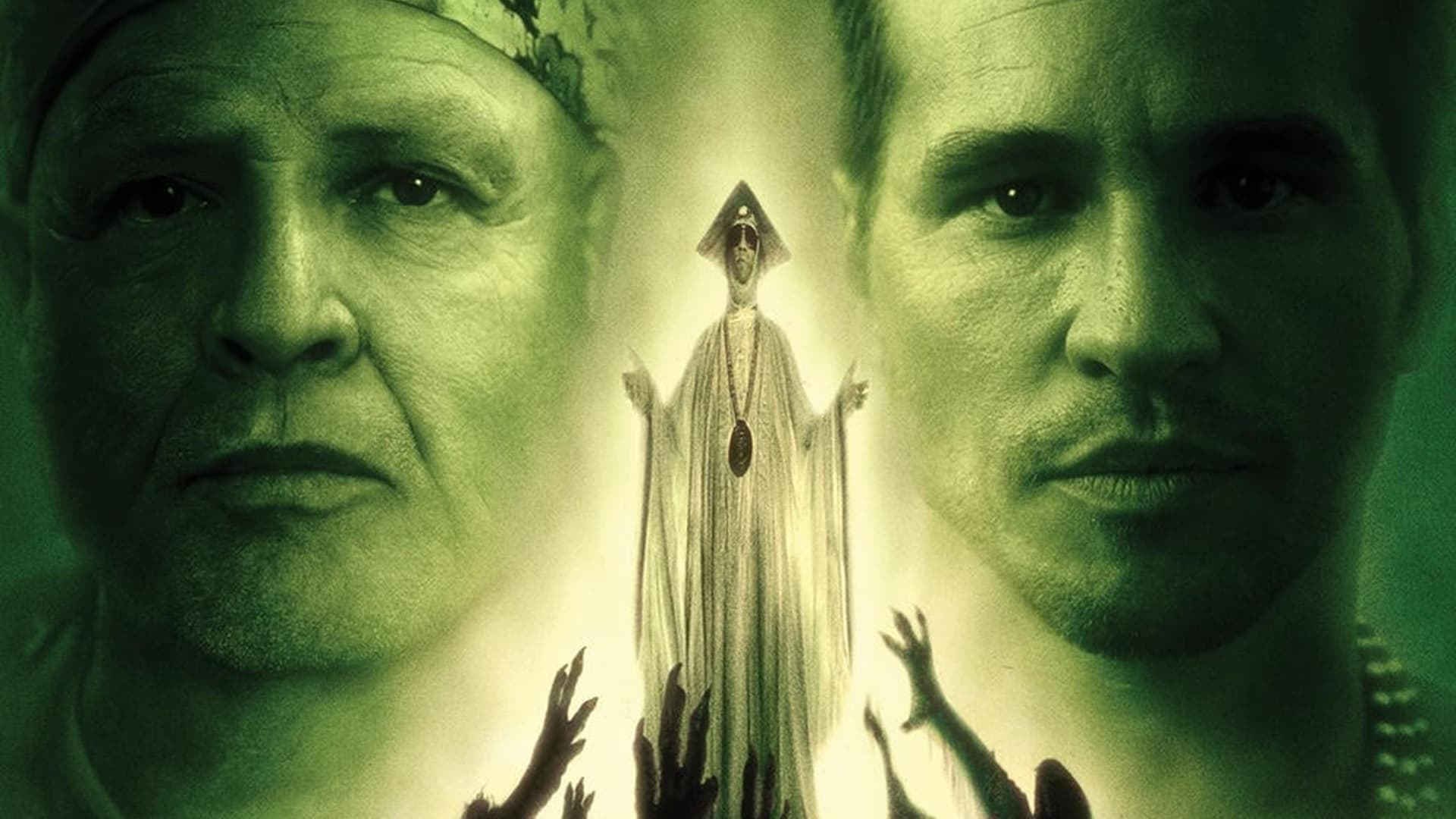
1996
The Island of Dr. Moreau
Science Fiction, Horror
5.0
User Score
540 Votes
Status
Released
Language
en
Budget
$40.000.000
Production
New Line Cinema
Overview
A plane crash surviving attorney stumbles upon a mysterious island and is shocked to discover that a brilliant scientist and his lab assistant have found a way to combine human and animal DNA—with horrific results.
Review
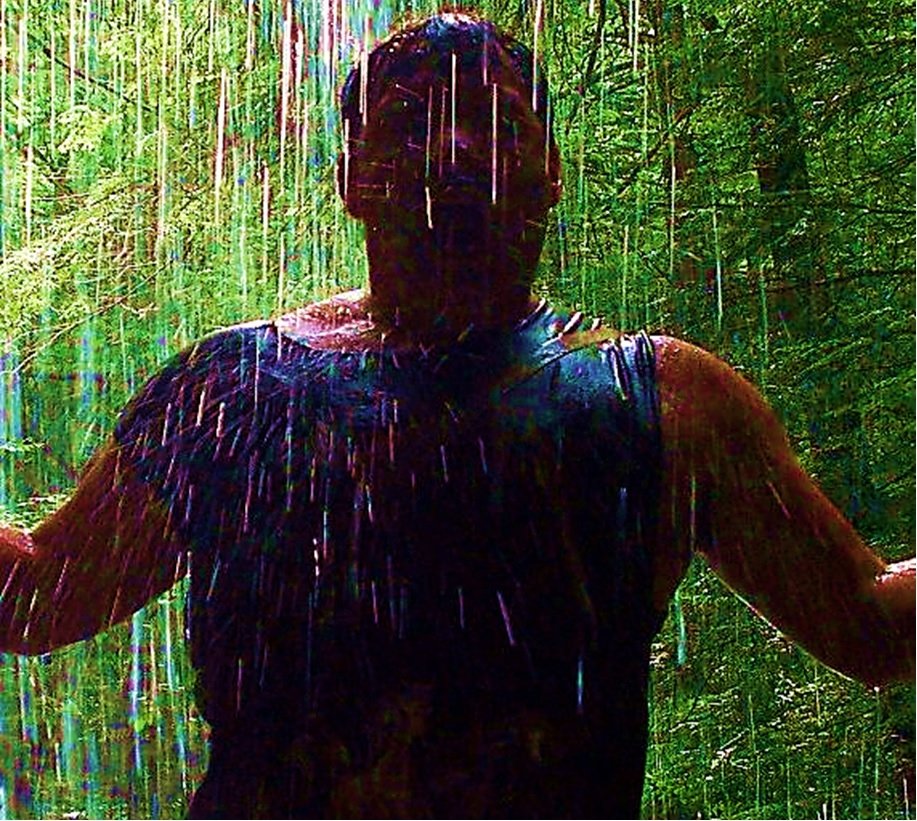
Wuchak
5.0
***Troubled production is semi-coherent with some entertainment***
Ever wonder where Col. Kurtz would've ended up had he survived the end of "Apocalypse Now"? Well, now we know: He exiled himself to a deserted island to create humanimals — the horror, the horror.
This 1996 version of "The Island of Dr. Moreau" was such a troubled production that articles, books and documentaries have been made about it, like the 2014 documentary "Lost Soul: The Doomed Journey of Richard Stanley's Island of Dr. Moreau." Stanley championed the project, wrote the screenplay and was set to direct, but was fired after a few days of filming due to conflicts with Val Kilmer, who wasn't in the best of moods due to being served divorce papers while on set.
Actually that wasn’t the main reason Stanley was fired. He was fine for small indie productions, but he was out of his league with a blockbuster like this. Veteran filmmaker John Frankenheimer was brought in to save the production from being a complete disaster. He got the job done, but his tyrannical approach didn’t help matters.
The production was so bad that Fairuza Balk (the cat-lady, Aissa) literally tried to escape the set, but was caught at the airport in the nick of time. Add to this Brando's well-known eccentricities, not helped by the recent suicide of his daughter, Cheyenne, and constant rewrites and you have a formula for a cinematic chaos!
In light of the horrible production and the ensuing bad press you would think this would be a lousy movie, but it's actually not THAT bad. I can see why some people don't like it because parts of the third act are pretty crazy and don't flow very well, but if you're a sucker for lost-on-an-island type yarns and appreciate the mood & insanity of films like "Apocalypse Now" and the original "Planet of the Apes" ("It's a madhouse, a MADHOUSE!") you'll probably appreciate some of it. Don't get me wrong, it's nowhere near the caliber of either of those films, but comparisons are inevitable and there are entertaining bits.
The main problem is that the story isn't that compelling; the flow of the movie is off, which is mostly apparent in the mounting craziness of the final third, which tempts the viewer to tune out.
Thankfully, there are some positives. The title sequence is kinetic and dazzling; the score by Gary Chang is varied and all-around phenomenal; the plot is intriguing; the humanimal make-up and actors are quite good with Daniel Rigney's 'Hyena-Swine' standing out (Rigney would be dead a mere year after the film's release); there’s some creative pizazz, like Marlon Brando's 35-minute stint where he’s as captivating as always, albeit a fat bastage; the inclusion of Dr. Moreau's "Mini-Me" is hilarious in hindsight of the Austin Powers trilogy; and there are flashes of nigh greatness, like Edward's revelatory talk with Aissa in the third act.
Marlon's Dr. Moreau is a variation of Kurtz, i.e. nutjob in the jungle, albeit twenty years later. For Brando fans it's enjoyable seeing him in his old age. This was one of his final films and it shows that he had his magnetic charm ’til the end.
Furthermore, there are some interesting themes: The humanimals who get to live in Dr. Moreau's abode are more human-like in appearance than the animals living in the smelly humanimal 'village' in the forest; the most human-like one, Aissa, he even refers to as his daughter. Wouldn't this lead to tensions between the factions? Moreover, while Moreau is a benevolent dictator he's still a dictator and dictators are rarely good. When Hyena-Swine usurps the crown he immediately becomes a malevolent dictator.
The original version runs 96 minutes and the DC 99 minutes. The film was shot in Cairns, Queensland, Australia.
GRADE: C+
Read More tmdb28039023
3.0
Rumors about The Island of Dr. Moreau’s suckage have been greatly exaggerated. The real problem with this film isn't so much that it's bad, but that it's not nearly as good as it should be considering the actors involved; on the other hand, it is precisely these individuals (and none more than Marlon Brando) who barely manage to save, perhaps even in spite of themselves, this particular island from sinking to the bottom of the sea.
Brando invariably was the best thing about his good films, and the only good thing about the bad ones — this one is no exception; indeed, his portrayal of the titular scientist is one of the ways this version is superior to that of 1977. For all its flaws, I would go so far as to say that this is the best possible film of The Island of Dr. Moreau.
Whether by design or accident, Brando turns the weirdness all the way up to 11 — at one point, for example, wearing a “caloric converter” into which Fairuza Balk pours chunks of ice —, which is exactly what the role requires: the good doctor can never be anything other than the maddest of mad scientists.
When David Thewlis asks him whether “has it ever occurred to you that you might have totally lost my mind? I mean, this is just satanic”, the implicit, tacit answer is no — of course such a thing has never occurred to him, because lunacy has so absolutely taken over him that sanity and insanity are now one and the same thing. Brando’s Moreau is essentially a Kurtz whom "the horror" is no longer capable of horrifying.
By the way, the issues Francis Ford Coppola faced while filming Apocalypse Now — recounted in the documentary Hearts of Darkness —, including how to get the most out of Brando, make Moreau '96’s vaunted troublesome shooting feel like a picnic in comparison. Coppola somehow managed to create one of the greatest films in history — but then he is Coppola one of the greatest director/screenwriters, something John Frankenheimer will never be accused.
All things considered, it's possible that Moreau '96 would have done much better with lesser-known and even less talented actors; this is a visual story, after all, and the key is to reflect on screen the images that H.G. Wells brought to the page.
The most important thing here is the spectacle, and this is why Brando rises above the material: because he does not have or does not know the fear of making a spectacle of himself, equal to or even more grotesque than Dr. Moreau’s creations.
Read More 